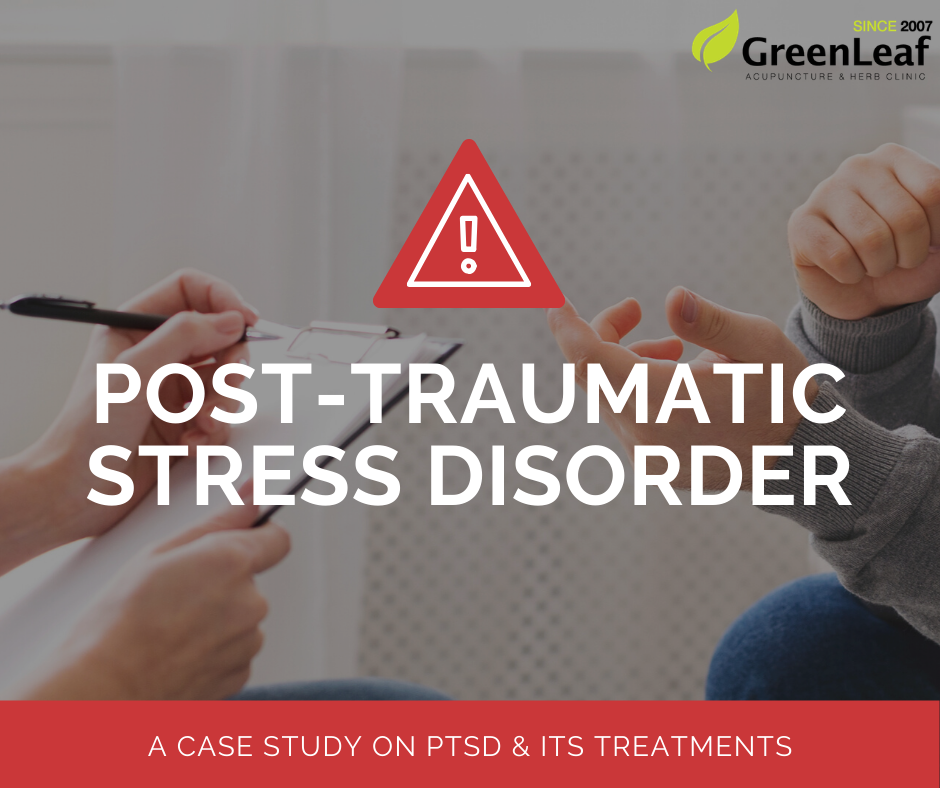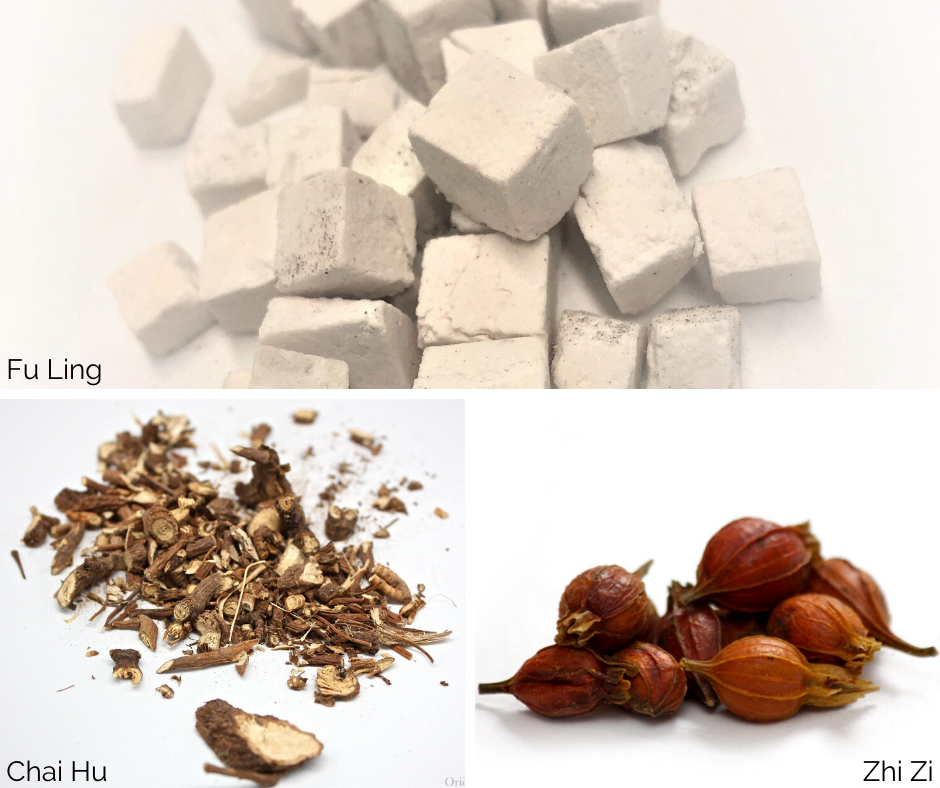A man in his 40s visited our clinic complaining about insomnia and anxiety not long after we started our business. After hearing his story, we came to understand that the man was kidnapped when he was a child. He came to be our first PTSD patient. PTSD describes symptoms of Post-Traumatic Stress Disorder (PTSD) after being psychologically traumatized in an accident that has been physically damaging and threatening. Symptoms including difficulty sleeping, recurring thoughts of the accident, being easily startled, headaches, indigestion, stomachaches, and sometimes addiction to alcohol or drugs. PTSD usually results from events that cannot be experienced in everyday life, such as war, terrorism, torture, rape, hostage cases, child abuse, car accidents, airplane accidents, and the Sewol ferry disaster.
PTSD patients that seemed unlikely for us to meet in Canada where people usually live their normal lives without much difficulty, were unexpectedly met and quite often too. The reason was because of car accidents. Even not long ago, a female patient came to see us saying she was having terrible sleep after experiencing a car accident. Aside from the physical pain, she said she was having trouble sleeping and could not even cross the crosswalk alone. Although the symptoms do not occur as much from minor contact accidents, these symptoms are often reported after a severe collision.
So how does Eastern medicine treat these disorders? One of the major challenges is that even for a similar psychological trauma, the responses from the human body are different from person to person. Which means that even if you are in the same car and in the same car accident, the symptoms you face may be different and thus, different treatments may be required. But fortunately, there is a pattern. For patients who respond very sensitively to all external stimuli, experience rapid heartbeats and frequently urinate, a prescription is organized from a drug called “Fu Ling (Poria).” For patients who experience mouths that are dry and bitter, become dizzy and sigh a lot, the main drug used to treat these symptoms is called “Chai Hu (Radix Bupleuri).” Patients who have a stuffy heart and experience unpleasant and impatient feelings can benefit from the herb “Zhi Zi (Fabricus Gardeniae).”
Acupuncture can promote the flow in the chest area (such as arterial, venous, genuine, lymphoid, etc.), and can puncture clogged areas. Most psychiatric disorders often result from congestion in the chest. If we stabilize the sympathetic nerves and the autonomic nervous system that work when we are nervous, then we can treat symptoms of heart palpitations, body tremors, and sweat on our hands. As a result, the key to Eastern medicine is to find patterns of how our bodies react to external stimuli to identify the correct medicine and blood spots that can normalize those reactions.





